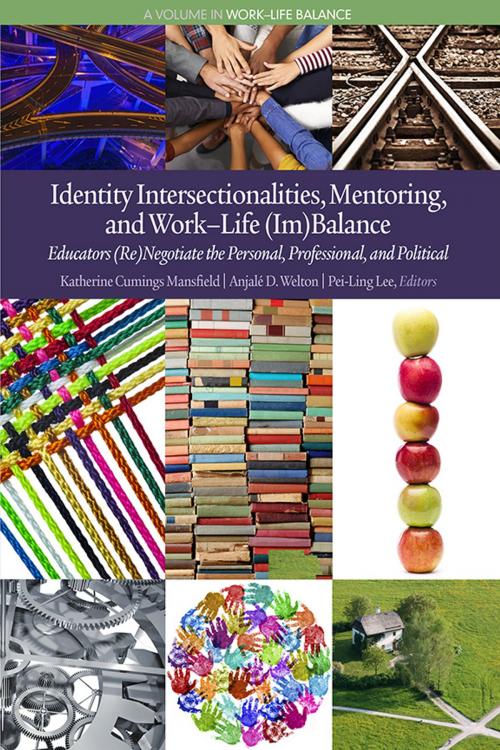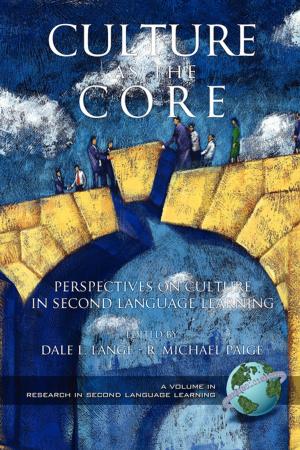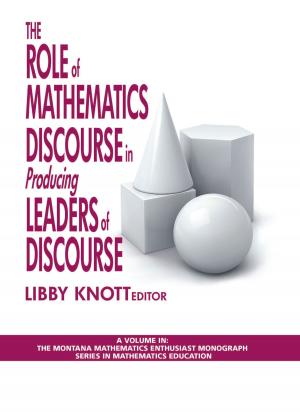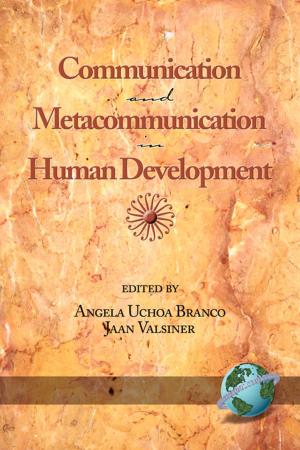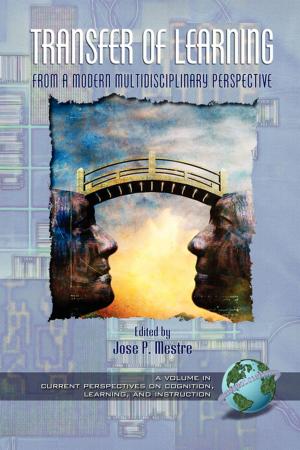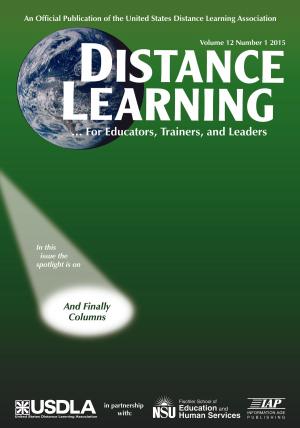Identity Intersectionalities, Mentoring, and WorkLife (Im)Balance
Educators (Re)Negotiate the Personal, Professional, and Political
Nonfiction, Reference & Language, Education & Teaching, Educational Theory, Philosophy & Social Aspects, Social & Cultural Studies, Social Science, Gender Studies, Women&, Anthropology| Author: | ISBN: | 9781681235578 | |
| Publisher: | Information Age Publishing | Publication: | August 1, 2016 |
| Imprint: | Information Age Publishing | Language: | English |
| Author: | |
| ISBN: | 9781681235578 |
| Publisher: | Information Age Publishing |
| Publication: | August 1, 2016 |
| Imprint: | Information Age Publishing |
| Language: | English |
Identity matters. Who we are in terms of our intersecting identities such as gender, race, social class, (dis)ability, geography, and religion are integral to who we are and how we navigate work and life. Unfortunately, many people have yet to grasp this understanding and, as a result, so many of our work spaces lack appropriate responses to what this means. Therefore, Identity Intersectionalities, Mentoring, and Work?life (Im)balance: Educators (Re)negotiate the Personal, Professional, and Political, the most recent installment of the work?life balance series, uses an intersectional perspective to critically examine the concept of work?life balance. In an effort to build on the first book in the series, that focused on professors in educational leadership preparation programs, the authors here represent educators across the P?20 pipeline (primary and secondary schools in addition to higher education). This book is also unique in that it includes the voices of practitioners, students, and academics from a variety of related disciplines within the education profession, enabling the editors to include a diverse group of educators whose many voices speak to work?life balance in unique and very personal ways. Contributing authors challenge whether the concept of work?life balance might be conceived as a privileged and even an impractical?endeavor. Yet, the bottom line is, conceptions of work?life balance are exceptionally complex and vary widely depending on one’s many roles and intersecting identities. Moreover, this book considers how mentoring is important to negotiating the politics that come with balancing work and life; especially, if those intersecting identities are frequently associated with unsolicited stereotypes that impede upon one’s academic, professional and personal pursuits in life. Finally, the editors argue that the power to authentically “be ourselves” is not only important to individual success, but also beneficial to fostering an institutional culture and climate that is truly supportive of and responsive to diversity, equity, and justice. Taken together, the voices in this book are a clarion call for P?12 and higher education professionals and organizations to envision how identity intersectionalities might become an every?day understanding, a normalized appreciation, and a customary commitment that translates into policy and practice.
Identity matters. Who we are in terms of our intersecting identities such as gender, race, social class, (dis)ability, geography, and religion are integral to who we are and how we navigate work and life. Unfortunately, many people have yet to grasp this understanding and, as a result, so many of our work spaces lack appropriate responses to what this means. Therefore, Identity Intersectionalities, Mentoring, and Work?life (Im)balance: Educators (Re)negotiate the Personal, Professional, and Political, the most recent installment of the work?life balance series, uses an intersectional perspective to critically examine the concept of work?life balance. In an effort to build on the first book in the series, that focused on professors in educational leadership preparation programs, the authors here represent educators across the P?20 pipeline (primary and secondary schools in addition to higher education). This book is also unique in that it includes the voices of practitioners, students, and academics from a variety of related disciplines within the education profession, enabling the editors to include a diverse group of educators whose many voices speak to work?life balance in unique and very personal ways. Contributing authors challenge whether the concept of work?life balance might be conceived as a privileged and even an impractical?endeavor. Yet, the bottom line is, conceptions of work?life balance are exceptionally complex and vary widely depending on one’s many roles and intersecting identities. Moreover, this book considers how mentoring is important to negotiating the politics that come with balancing work and life; especially, if those intersecting identities are frequently associated with unsolicited stereotypes that impede upon one’s academic, professional and personal pursuits in life. Finally, the editors argue that the power to authentically “be ourselves” is not only important to individual success, but also beneficial to fostering an institutional culture and climate that is truly supportive of and responsive to diversity, equity, and justice. Taken together, the voices in this book are a clarion call for P?12 and higher education professionals and organizations to envision how identity intersectionalities might become an every?day understanding, a normalized appreciation, and a customary commitment that translates into policy and practice.
